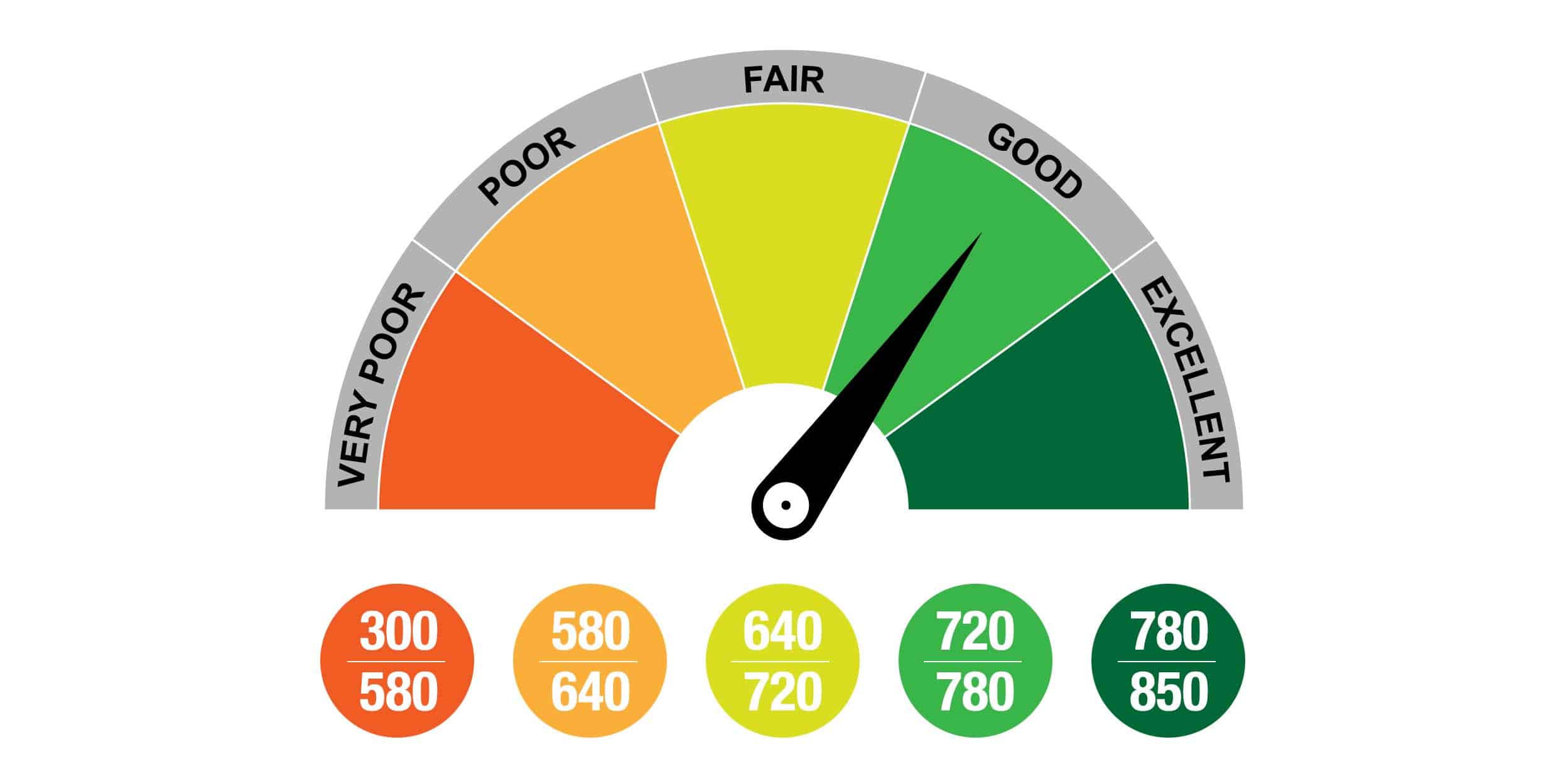The Ultimate Guide to Personal Finance: Achieving Financial Freedom and Security

As someone who has had their fair share of financial struggles, I can attest to the importance of personal finance. It’s a topic that’s often overlooked, but it’s crucial to achieving financial freedom and security. In this ultimate guide, I’ll be sharing everything you need to know about personal finance, from the basics of budgeting to investing and retirement planning.
Introduction to Personal Finance
Personal finance refers to the management of one’s finances, including income, expenses, and investments. It’s a broad term that encompasses many areas of financial management, such as budgeting, saving, investing, and retirement planning. The goal of personal finance is to achieve financial freedom and security, which means having enough money to support oneself and one’s family without worrying about financial constraints.
Importance of Personal Finance
Personal finance is important for several reasons. For starters, it helps you gain control over your finances, which can lead to less stress and anxiety. It also allows you to make informed financial decisions, which can help you achieve your financial goals. Additionally, personal finance can help you prepare for unexpected expenses, such as medical emergencies or job loss. By having a solid financial plan in place, you can better weather financial storms and come out stronger on the other side.
The Basics of Personal Finance – Budgeting, Saving, and Investing
Budgeting, saving, and investing are the cornerstones of personal finance. Let’s take a closer look at each of these areas:
Budgeting
Budgeting involves creating a plan for your income and expenses. It’s an essential part of personal finance because it helps you track your spending and identify areas where you can cut back. To create a budget, start by listing all of your sources of income and all of your expenses. Then, divide your expenses into categories, such as housing, transportation, food, and entertainment. From there, you can set spending limits for each category and adjust your budget as needed.
Saving
Saving involves setting aside money for future expenses or goals. It’s important to save regularly, even if you can only afford to save a small amount each month. To make saving easier, consider setting up automatic transfers from your checking account to a savings account. You can also take advantage of employer-sponsored retirement plans, such as a 401(k) or IRA.
Investing
Investing involves putting your money to work in order to generate a return. There are many types of investments, including stocks, bonds, mutual funds, and real estate. It’s important to remember that investing involves risk, and there’s no guarantee of a return. However, over the long term, investing can be a powerful tool for building wealth.
Top 5 Best Finance Books for Personal Finance
Reading books about personal finance is a great way to improve your financial knowledge and skills. Here are five of the best books on personal finance:
- “The Total Money Makeover” by Dave Ramsey – This book provides a step-by-step plan for getting out of debt and building wealth.
- “Rich Dad Poor Dad” by Robert Kiyosaki – This book challenges traditional thinking about money and provides insights into building wealth.
- “The Simple Path to Wealth” by JL Collins – This book provides a straightforward approach to investing and building wealth.
- “Your Money or Your Life” by Vicki Robin and Joe Dominguez – This book provides a holistic approach to personal finance, including tips for reducing expenses and increasing income.
- “The Millionaire Next Door” by Thomas J. Stanley and William D. Danko – This book provides insights into the habits and lifestyles of millionaires and how to emulate their success.
How to Create a Personal Finance Plan
Creating a personal finance plan involves setting financial goals and creating a roadmap for achieving them. Here are some steps to follow:
- Define your financial goals – What do you want to achieve financially? This could include paying off debt, saving for retirement, or buying a home.
- Assess your current financial situation – Take stock of your income, expenses, assets, and debts. This will help you identify areas where you need to make changes.
- Create a budget – Use your income and expenses to create a budget that aligns with your financial goals.
- Develop a savings plan – Determine how much you need to save each month to achieve your financial goals.
- Create an investment plan – Determine how you will invest your money to achieve your financial goals.
- Monitor and adjust your plan – Regularly review your plan and make adjustments as needed.
Strategies for Paying off Debt
Paying off debt is a crucial part of achieving financial freedom. Here are some strategies to consider:
- Snowball method – This involves paying off your smallest debt first and then using that momentum to tackle larger debts.
- Avalanche method – This involves paying off your debt with the highest interest rate first and then moving on to the next highest.
- Balance transfer – This involves transferring high-interest debt to a lower-interest credit card.
- Debt consolidation – This involves combining multiple debts into one loan with a lower interest rate.
Building Wealth Through Investments
Investing is a powerful tool for building wealth over the long term. Here are some tips for successful investing:
- Diversify your portfolio – Don’t put all your eggs in one basket. Invest in a variety of assets to reduce risk.
- Invest for the long term – Don’t try to time the market or make short-term gains. Focus on long-term growth.
- Keep fees low – High fees can eat into your returns over time. Look for low-cost investment options.
- Be patient – Investing takes time and patience. Don’t get discouraged by short-term fluctuations in the market.
Best Practices for Retirement Planning
Retirement planning is crucial for achieving financial security in your golden years. Here are some best practices to consider:
- Start early – The earlier you start saving for retirement, the more time your money has to grow.
- Maximize your contributions – Take advantage of employer-sponsored retirement plans and contribute as much as you can.
- Consider a Roth IRA – A Roth IRA allows you to contribute after-tax dollars and withdraw tax-free in retirement.
- Plan for healthcare costs – Healthcare costs can be a significant expense in retirement. Consider purchasing long-term care insurance.
Common Personal Finance Mistakes to Avoid
Here are some common personal finance mistakes to avoid:
- Not having an emergency fund – An emergency fund is crucial for unexpected expenses. Aim to have three to six months’ worth of expenses saved.
- Living beyond your means – Spending more than you earn can lead to debt and financial stress. Stick to a budget and live within your means.
- Neglecting retirement savings – It’s easy to put off retirement savings, but the earlier you start, the easier it will be to achieve your goals.
Resources for Improving Personal Finance Knowledge
Here are some resources for improving your personal finance knowledge:
- Personal finance blogs – There are many personal finance blogs that provide tips and advice on managing your money.
- Podcasts – Personal finance podcasts can be a great way to learn about personal finance on the go.
- Financial advisors – If you need more personalized advice, consider working with a financial advisor.
Conclusion: Achieving Financial Freedom and Security
Achieving financial freedom and security takes time, effort, and discipline. By following the tips and strategies outlined in this guide, you can take control of your finances and achieve your financial goals. Remember, personal finance is a lifelong journey, and it’s never too late to start.

















